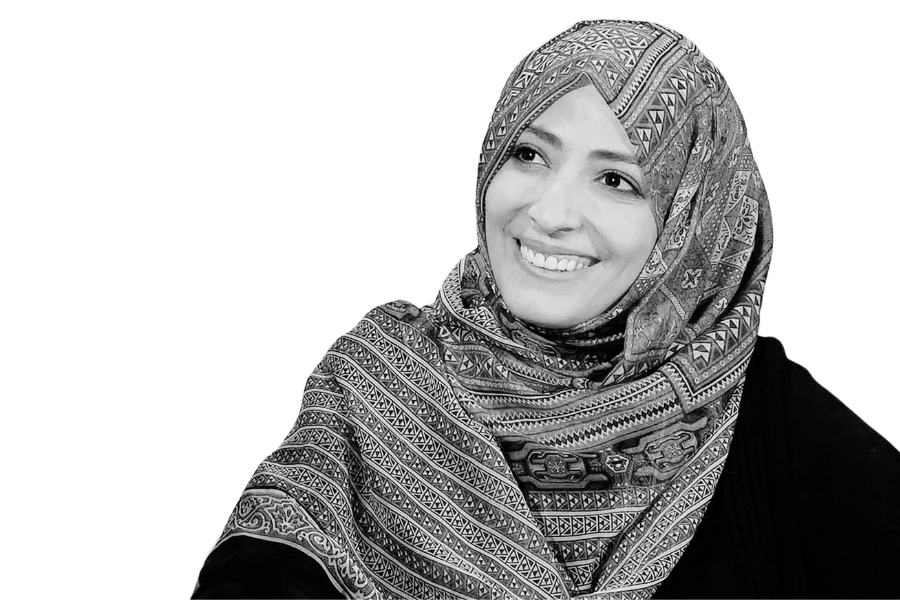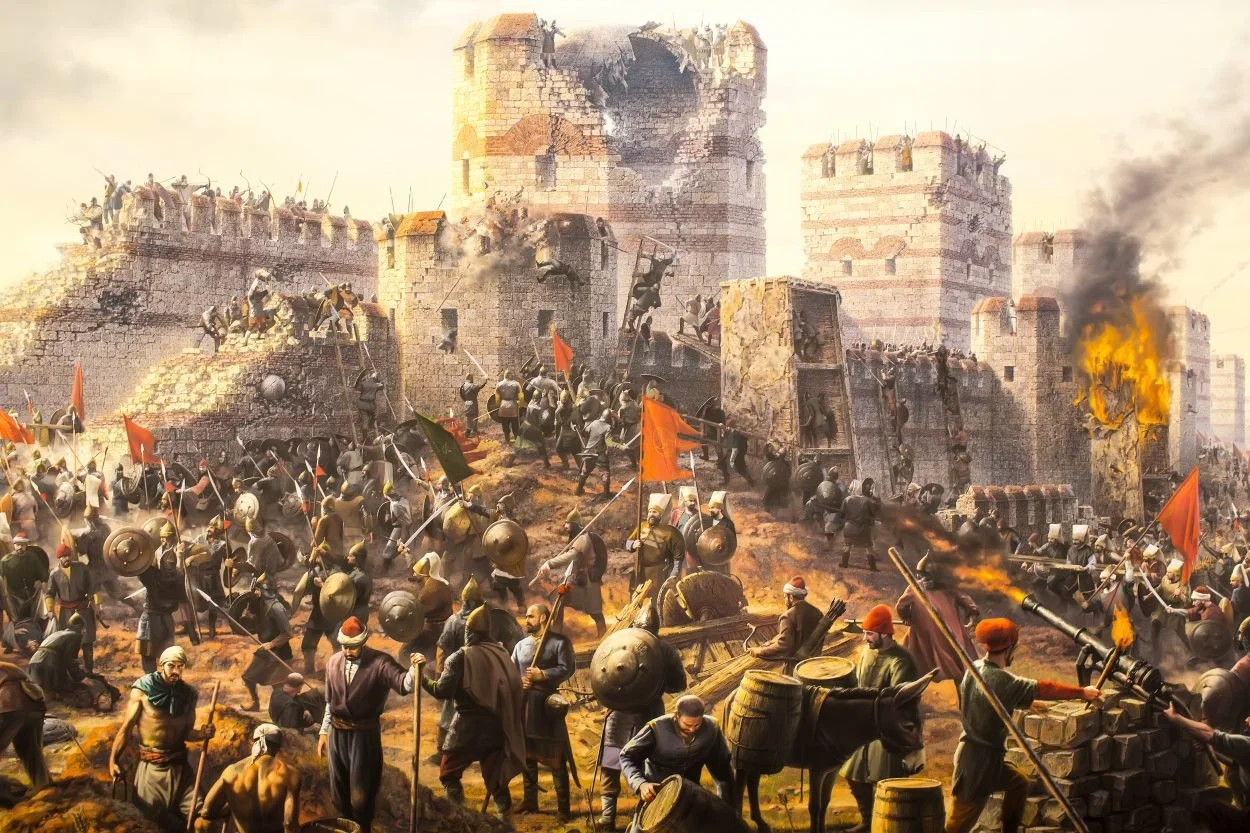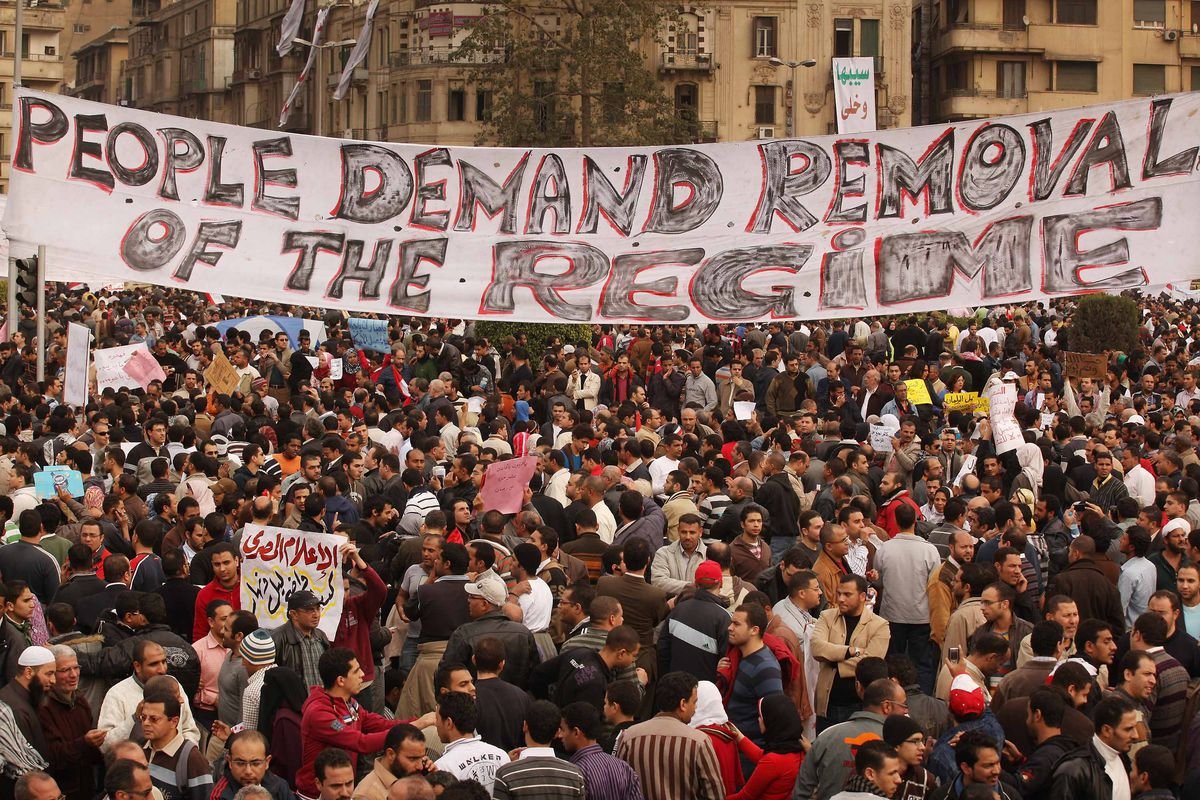Middle Eastern history children should know
622 CE, the Hijra, a migration of Prophet Muhammad from Mecca to Medina
1095, a Christian military expedition to reclaim the Holy Land profoundly impacts the region in the first Crusades
1453, the fall of Constantinople marks the end of the Byzantine Empire and the rise of the Ottoman Empire
1948, the establishment of Israel marks the beginning of an ongoing conflict in the Arab-Israeli War
1979, the overthrow of the Shah and the establishment of an Islamic Republic marks the Iranian Revolution
2011, the Arab Spring begins a series of anti-government protests and uprisings across the Arab world
Celebrate a National Arab American Heritage Month (NAAHM) in April
Book lists involving Middle Eastern perspectives and themes
Essential quotes about the Middle Eastern experience
“I raise up my voice—not so I can shout, but so that those without a voice can be heard.”
Malala Yousafzai
“In everything, therefore, treat people the same way you want them to treat you.”
Jesus of Nazareth
“Do not be satisfied with the stories that come before you. Unfold your own myth.”
Rumi
“Community is society with a human face.”
Rabbi Jonathan Sacks
“The only way to deal with fear is to face it.”
Queen Rania of Jordan
“You can tell whether a man is clever by his answers. You can tell whether a man is wise by his questions.”
Naguib Mahfouz
Understanding the Middle Eastern experience through stories
The Middle Eastern experience is a tapestry woven from diverse cultures, languages, and religious traditions. It’s a region that has been at the crossroads of civilization for thousands of years, leaving an indelible imprint on human history. In this intricate mosaic, storytelling serves as both a “window” into this diverse world and a “mirror” reflecting the richness and complexity of Middle Eastern communities. For children, stories can be transformative, offering crucial insights into this vital yet often misunderstood part of the world.
The term “Middle Eastern” covers a broad swath of countries from North Africa to Western Asia, each with its unique blend of ethnicities, languages, and traditions. From the mysticism of Sufi poetry in Iran to the rich tapestry of Christian, Jewish, and Islamic histories in the Levant, the Middle Eastern experience is far from monolithic.
The Middle East has been the backdrop for some of human history’s most significant events— from the birth of the world’s major religions to intricate geopolitical conflicts. It’s a region that has given the world legendary figures such as Rumi, Cleopatra, and Saladin, alongside more recent leaders like Malala Yousafzai and Queen Rania of Jordan, who have fought for equality and justice.
Children’s literature that captures the essence of the Middle Eastern experience serves as an invaluable resource. Titles like The Breadwinner by Deborah Ellis and Mornings in Jenin by Susan Abulhawa offer younger readers authentic narratives that reflect both the region's complex histories and its diverse cultures. These stories serve as windows and mirrors, giving children from different backgrounds the tools they need to understand and appreciate the Middle Eastern experience.
Understanding the Middle Eastern experience requires an open mind and an understanding of the region’s multi-layered history, diverse cultures, and complex social dynamics. Children’s stories that offer windows and mirrors into this world can help create a more nuanced understanding, providing a foundation upon which empathy and mutual respect can grow.












